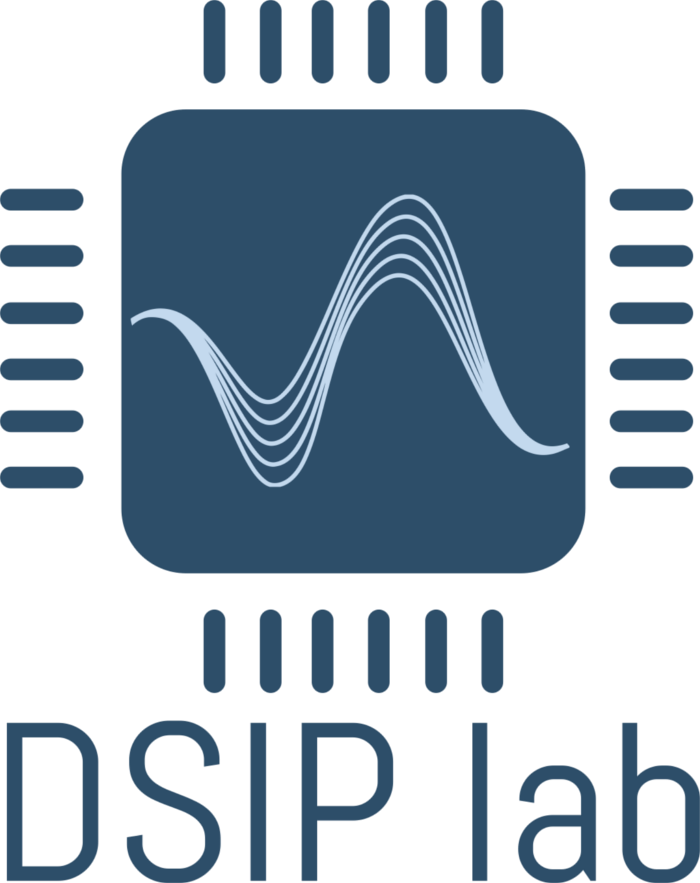EMG-based Hand Gesture Recognition for Rehabilitation (ENHANCE)
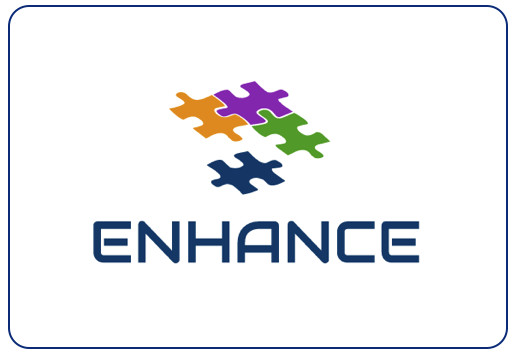
The purpose of this research project is the development of a serious game
controlled by a surface electromyography (sEMG) interface for rehabilitation purposes. The
processing of the sEMG signals and the gesture recognition is performed in an end-to-end
fashion by deep learning (DL) methods. Specifically, convolutional neural network (CNN)
architectures are utilised for the classification of signal segments to one of the target
gestures. The interface is based on a sEMG armband placed around the user’s forearm.
Using sEMG sensors allows the developed system to reject unwanted compensatory
movements which are difficult to filter out with typical game controllers such as cameras. The
evaluation of this serious game involves patients with upper limb impairments and
neurological diseases, such as multiple sclerosis. The outcomes of this research project will
contribute to the development of motivational serious games for the motion improvement of
physically impaired people.
(Also, check this interview (GR) about the project)
Research Team
- Prof. Athanassios Skodras
- Prof. Elisabeth Chroni
- Dr. Sofia Lampropoulou
- Panagiotis Tsinganos
- Ioannis Kyriazis
Duration: 2020 – today
Funding Entity: ECE, UPatras, Greece
Egocentric Perception, Interaction and Computing in the Deep Learning Era (OMEGA)

Aim: A 3-year exchange program between the University of Tübingen (Computer Science Department) and the University of Patras (Electrical and Computer Engineering Department) in Greece. The aim of the project is to initiate a long-term sustainable collaboration and academic exchange between the two universities, to foster a tight integration between the participating research groups, and increasing significantly the synergy of their complementary expertises. The collaboration between the participating institutions will be facilitated through the joint supervision of graduate students, a series of mutual exchanges for collaboration on a detailed research plan and the exchange of guest lecturers. Special workshops aimed at intensifying the research collaboration as well as summer schools, targeted at training young students and introducing them to the fields of machine learning and perception engineering will be organised.
Duration: 2020 – 2022
Funding Entity: DAAD, Germany
Visit project’s site for more infoVUB-UPatras International Joint Research Group on ICT (JICT)
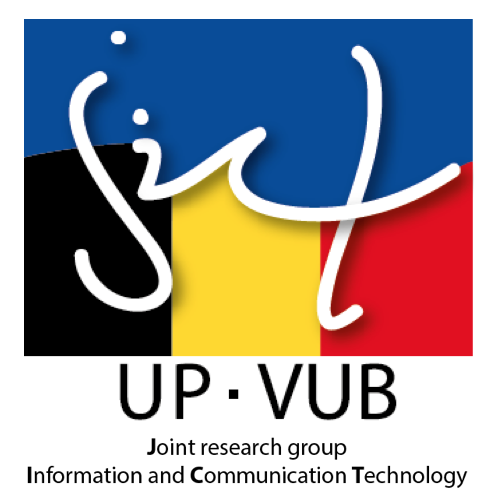
Aim: Strategic collaboration that enables both partners to strengthen their position in the individual core competence domains and deliver cross-disciplinary research contributions to the vast domain of E2E ICT systems. Moreover, joint European projects, publications and MSc/PhD students are pursued. The collaboration acts as a platform that seeds student mobility to reach the European goals of exchange of human capital. Moreover, the goal is to connect to the companies in local incubation ecosystems and as such also boost the local economies by an increased knowledge transfer both at academic and at B2B level.
Duration: 2021 – 2023
Funding Entity: VUB, Belgium
Mobile Fall Detection (MobiFaDe)
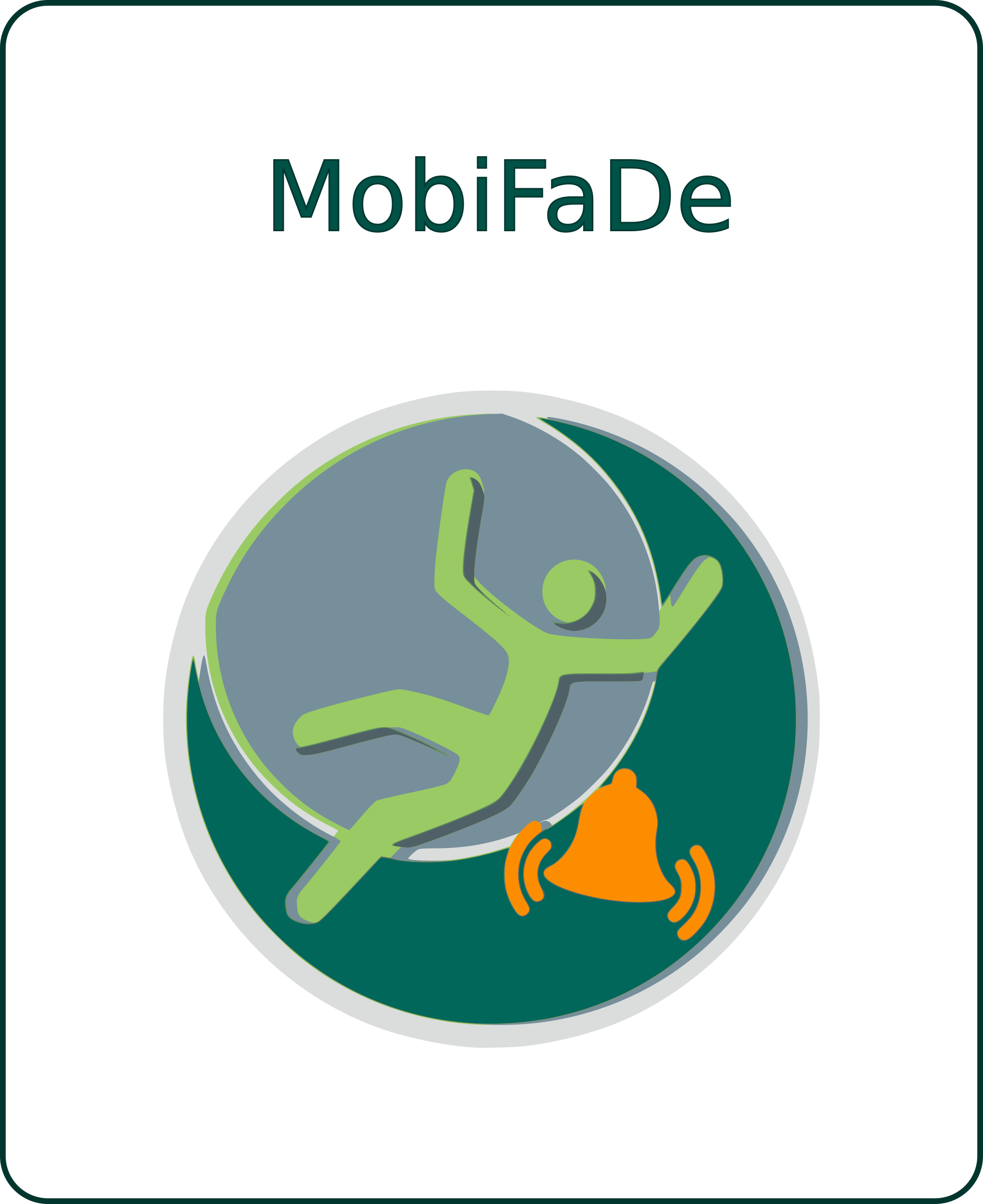
This project developed MobiFaDe, a fall detection application for Android smartphone devices. The application mainly targets elderly people who live alone and are at an increased risk of falling. In addition, it can be used by those who work at high altitudes, cyclists or climbers. MobiFaDe utilizes a threshold-based algorithm that detects waveforms that may correspond to a fall. From these waveforms, which come from accelerometer data recorded with a smartphone, a set of features is extracted and fed into a k-Nearest Neighbors classifier. In case a fall is detected, the application sends an SMS with the current location to the close contacts of the user. In a future work we would like to collect accelerometer data from a wider range of population and test the algorithm in a real world environment. Another aspect of the fall detection system that we would like to study further, is how the algorithm is affected from user context. Finally, improving the personalization component is of primary importance.
Duration: 2016 – 2017
A smartphone-based fall detection system for the elderlyOn the Comparison of Wearable Sensor Data Fusion to a Single Sensor Machine Learning Technique in Fall Detection
Electrical Network Frequency Recording for Mainland Greece (ENF4GR)
At DSIP Lab we are recording the Electrical Network Frequency (ENF) since July 2016. Data and code are made available for free download. (http://www.ece.upatras.gr/skodras/index.php?id=research)
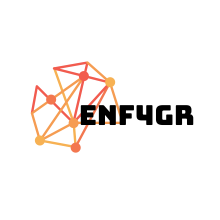
The Electrical Network Frequency (ENF) Criterion is a forensic technique used to identify the authenticity of a digital recording. Since the power line signal interferes with all kinds of recordings (telephone, video, biosignals, …), the availability of the ENF signal data for Greece could facilitate the authenticity of a recording, and the time and place that this recording has taken place. This is made possible by comparing the frequency pattern between the background utility hum in the evidence and long-term records of the ENF.
To obtain such a long term record of the ENF fluctuations at national level, we have ported the power line frequency recording system to a Raspberry Pi 3 Model B. This has rendered the whole system small in size, portable, and of low cost. The system captures the power line signal and extracts the ENF signal for mainland Greece, 24/7. The ENF data are uploaded to the cloud for free download by all those who are using the ENF in their research, through the link.
The recordings are in .csv file format. More details about the system, as well as the Python code for the Raspberry, can be found in the Technical Report.
Duration: 2016 – today
Funding Entity: ECE, UPatras, Greece
